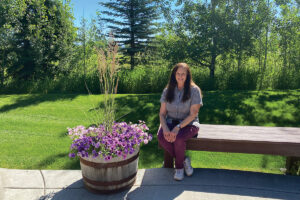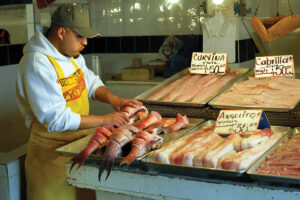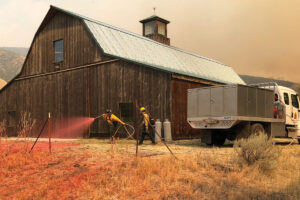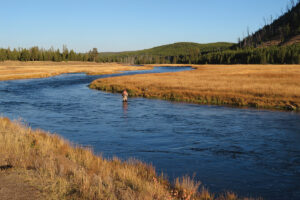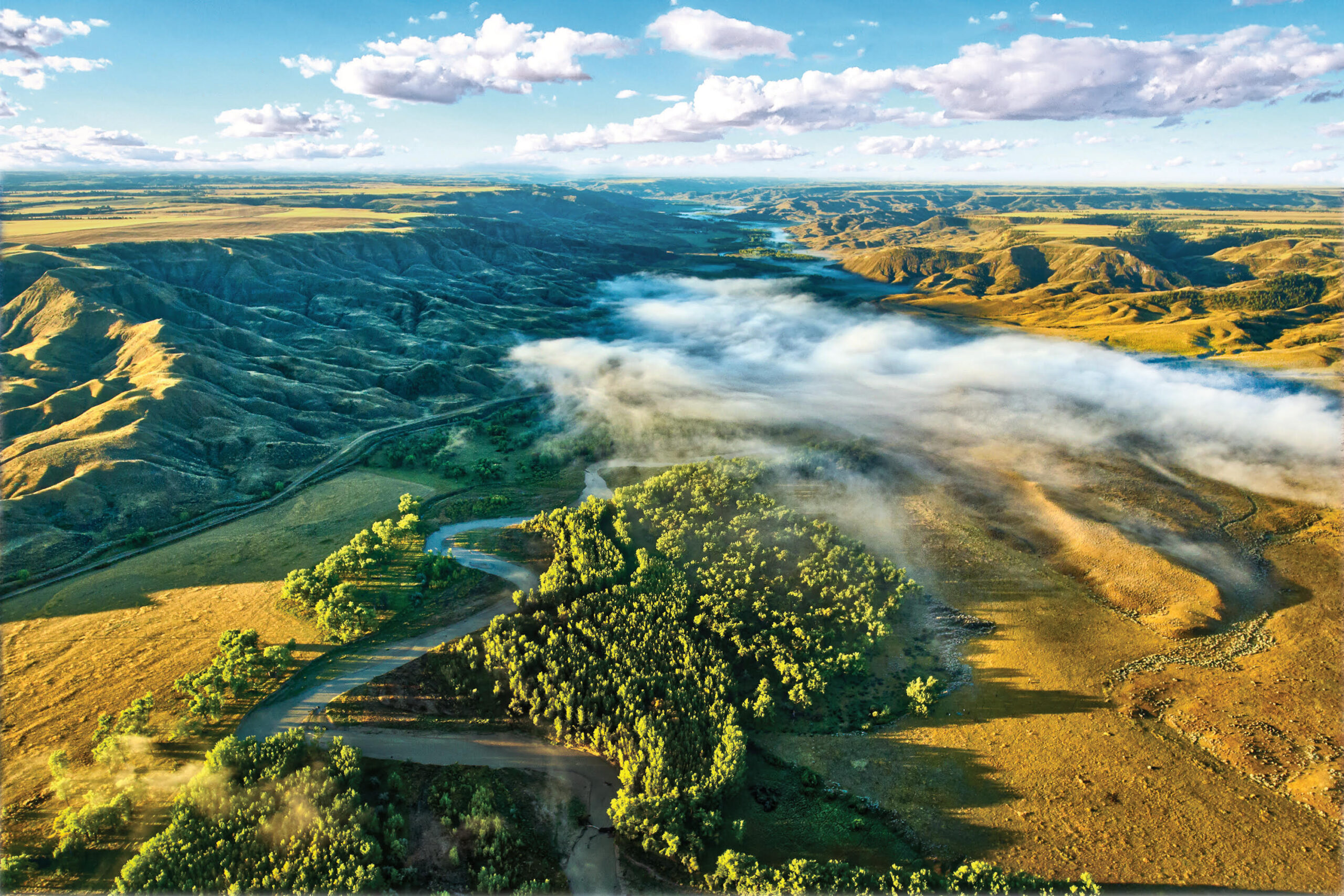Mass timber rising. Milwaukee will soon be home to the tallest timber structure in the world. At 25 stories, the unprecedented building, Ascent, heralds the rise of mass timber, a budding class of construction materials made by laminating strips of wood together. Mass timber is light and strong, and it offers a market for small-diameter trees that contribute to fire risk throughout the West. While Ascent’s engineering team at Thornton Tomasetti has paved the way for future “supertall” timber projects, reforms like those offered in PERC’s recent “Fix America’s Forests” report can promote innovative wood markets even more.
One fish, two fish, prove how you fish. Ten years after Mexico’s Gulf of California curvina fishery implemented catch shares, technological innovation and a new monitoring program are improving market-based fishery management there. The program, which employs mostly women, has transformed regulatory compliance with an app that allows community members to register their catch as they return to shore. The transparency and accountability allow fishers to demonstrate that they fish responsibly. The system also provides valuable information about when to fish to meet market demands and helps regulators make data-driven decisions to support the fishery.
Private protection catching fire. Wildfire Defense Systems, the largest private firefighting company in the United States, is the market’s response to ballooning property damage from wildfires. Partnering with insurers, WDS evaluates policyholders’ risk of fire damage. When wildfires break out, the company defends homes with its own fleet of fire engines and crews, saving dollars and property in a win-win for insurers and communities. This past year, as the Bridger Foothills Fire moved into Bozeman’s wildland-urban interface, WDS deployed three fire crews to protect homes and bolster public firefighting efforts. Not a single home defended by WDS burned.
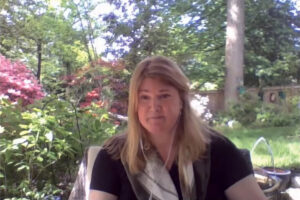
Straight outdoors. The Covid–19 pandemic has upended lives in countless ways, but it’s also prompted a boom in hunting and angling. Utah recently set records for both pursuits, with total license sales up 28 percent, and many anglers were first-time purchasers. Colorado broke records for big-game applications in 2020—which have now been surpassed ahead of the 2021 season. And while Montana has seen spikes in permit applications for deer and elk, nonresident fishing licenses sales have truly surged, up by 60 percent. After years of sliding participation rates, Americans are getting outdoors in record numbers—a blip due to extraordinary circumstances, or a new trend?
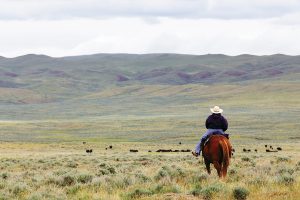
Property rights are for everyone. PERC policy director Hannah Downey recently testified before the Montana House Agriculture Committee in opposition to a bill that would ban select nonprofit organizations from purchasing agricultural land. The intent of the bill’s sponsor was to stop American Prairie Reserve from purchasing ranchlands from willing sellers and putting those lands toward grassland and wildlife conservation. In effect, the bill destroyed the property rights of landowners and organizations, barring them from selling to or buying from whomever they want. The bill was ultimately voted down.
